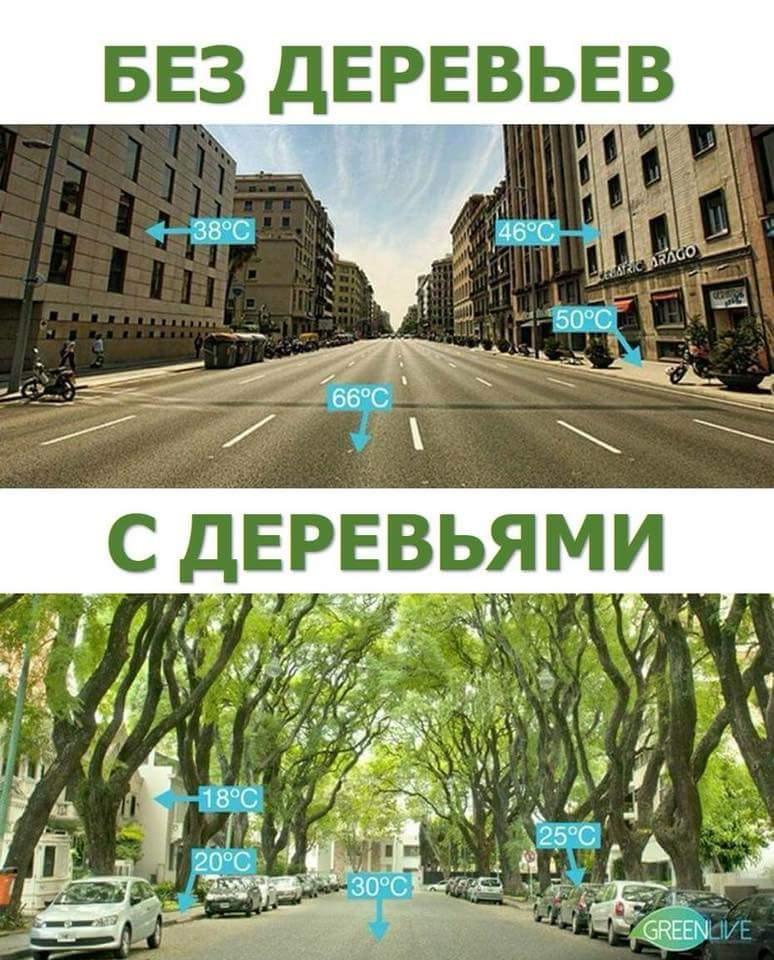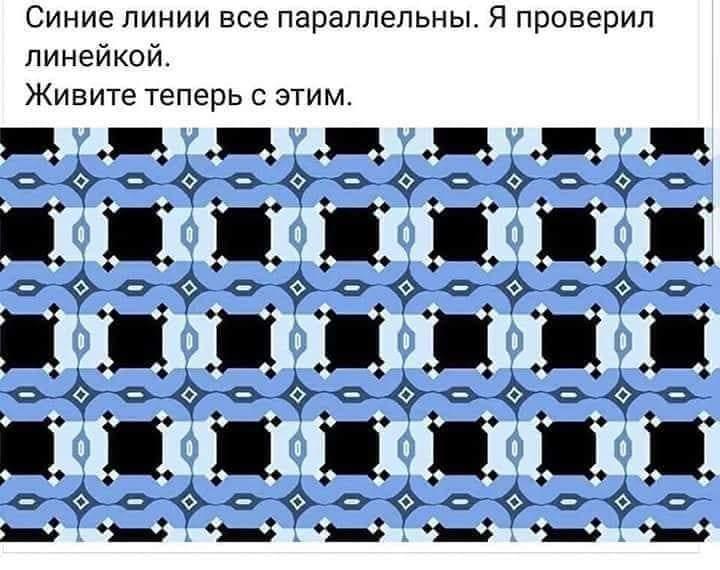Категории
- Все темы524
- Общая3
- Встречи. Поездки31
- Интересы. Хобби32
- Технологии43
- Hard'n'Soft62
- Игры10
- Авто. Мото10
- Авиа45
- Космос17
- Спорт7
- Оружие8
- Армия/Флот10
- История20
- Политика.Экономика54
- Бытовые вопросы65
- Курилка51
- Продам/куплю30
- Блог2
- Старый форум6
- VSI18
Интересно...
-
Проверка вина на наличие красителя и порошка
Смотреть с 2:50
-
Зависит от крепкости (плотности) вина. Проверял.
-
У меня на даче от корня какого-то фруктового дерева вылез отросточек и зацвел. Первый раз такое вижу.

 I look inside myself and see my heart is black..Спасибо сказал 1Valabuev
I look inside myself and see my heart is black..Спасибо сказал 1Valabuev -
Все дороги ведут в Рим
На цифровой карте Европы, охватывающей площадь более 26 млн 500 тыс. км2, разработчики обозначили почти полмиллиона отправных точек, совпадавших с дорожной сетью. Затем с помощью специально разработанного алгоритма были просчитаны кратчайшие маршруты между всеми точками и итальянской столицей. В результате появилась карта, наглядно показывающая, что за две тысячи лет в транспортной системе этой части света ничего глобально не поменялось и большая часть дорог по-прежнему ведёт к Вечному городу. Жирными линиями при этом показаны наиболее популярные и активно используемые маршруты. Авторы изыскания говорят, что ключевым инструментом в их работе стал маршрутизационный движок.
Изречение «все дороги ведут в Рим» появилось благодаря большому количеству транспортных артерий, построенных в Римской империи. За весь период её существования на территории государства (а до распада владения империи простирались от Британских островов до Северной Африки и от Дуная и Сирии до Испании) появилось 80 тыс. км дорог с твёрдым покрытием.
текст:Алина Измайлова
Источник archi.ruСпасибо сказал 1Kochum -
Из воспоминаний Гудериана
"11 июля ранним солнечным утром в 6 час. 10 мин. в сопровождении обоих моих гостей я выехал со своего командного пункта, располагавшегося в Толочин, который ещё в 1812 г. служил штаб-квартирой Наполеону I и направился на Днепр к Копысь, чтобы присутствовать при форсировании реки 47-м танковым корпусом. Поездка через колонны войск, которые стремились к реке, из-за сильной пыли была тяжёлой. Люди, оружие и моторы — все страдали от этой пыли, стоявшей в воздухе неделями. Особенно часто приходилось чистить наждаком цилиндры моторов, отчего их мощность значительно понижалась."
-
-
Saburo_Sakai сказал:
Сейчас там уже яблоко висит? Нужно поливать... Собери листокрутов и организуй тень...
=) -
этот QF-86F пережил два прямых попадания телеметрических AIM-9 в одном полете, сначала ракета срезала оперение, а затем другая попала в сопло двигателя, но самолет продолжил управляться хоть и с потерей тяги и был успешно посажен!
https://forums.eagle.ru/showpost.php?p=3582156&postcount=40I look inside myself and see my heart is black..Спасибо сказал 1Kochum -
-
Где-то так и есть
https://vc.ru/43175-pochemu-stoit-udalit-vse-akkaunty-v-socialnyh-setyah
Почему стоит удалить все аккаунты в социальных сетяхwtg -
Только узнал что "цыгане" в фильме Гая Ритчи "Большой куш" — вовсе не те цыгане, с которыми знакомы мы.
Gypsy — это на английском слово которое обозначает кочевников, а кочевых народностей в мире больше одной.
И вот те gypsy что в фильме это вовсе не ромалэ — это кочевые ирландцы, они же Irish travellers.I look inside myself and see my heart is black.. -
Oh, really?!
https://en.m.wikipedia.org/wiki/Romani_peopleThe Romani (also spelled Romany /ˈroʊməni/, /ˈrɒ-/), colloquially known as Gypsies or Roma, are a traditionally itinerant ethnic group living mostly in Europe and the Americas and originating from the northern Indian subcontinent,[60][61][62] from the Rajasthan, Haryana, Punjab and Sindh regions of modern-day India and Pakistan.[61][62]
https://dictionary.cambridge.org/dictionary/english/gypsy?q=GypbsyGypsy
noun [ C ] US /ˈdʒɪp·si/
a member of a group of people who travel from place to place esp. in Europe and who originally came from northern India, or anyone who travels often and does not live in one place for long
The historical origins of Irish Travellers as a group has been a subject of academic and popular debate. Research is complicated by the fact that the group has no written records of its own.[6][page needed][7] They might be of Romani extraction, although this theory is disputed and theories of pre-Gaelic origin also exist.[8]:43[9] Jean-Pierre Liégeois (fr) wrote that the Irish Traveller Gammon vocabulary is derived from pre-13th-century Gaelic idioms with ten percent Indian origin Romani language vocabulary.[10]
Інших любителів кочівного життя прозвали на честь ромів, скорше за все.
Як кажуть, якщо воно схоже на качку, ходить як качка, крякає як качка, то це качка! Ірландські цигани, просто не такі смуглі :-D
Ps: кочівник то англійською не gypsy, до речі, а nomadnomad
noun [ C ] US /ˈnoʊ·mæd/
a member of a group of people who move from one place to another, rather than living in one place all of the time -
Ромы - выходцы из северной Индии!?? Ни когда даже не задумывался... Думал они просто всегда и везде.
-
В фильме на классических циган совершенно не похожи. И не только внешностью.I look inside myself and see my heart is black..
-
Akupaka :: They might be of Romani extraction
У меня есть товарищ, когда одалживаешь ему деньги и спрашиваешь - "когда вернешь?", он отвечает - "возможно". :-D
Поєтому, слова "возможно" и "наверное" у меня всегда ассоциируются с этим персонажем. :-D
Если я, конечно, правильно понимаю значение этого "майт би"
ЗЫ. Чувак денег ни разу не вернул :-DI look inside myself and see my heart is black..
Эта тема была закрыта.
Все темы 









